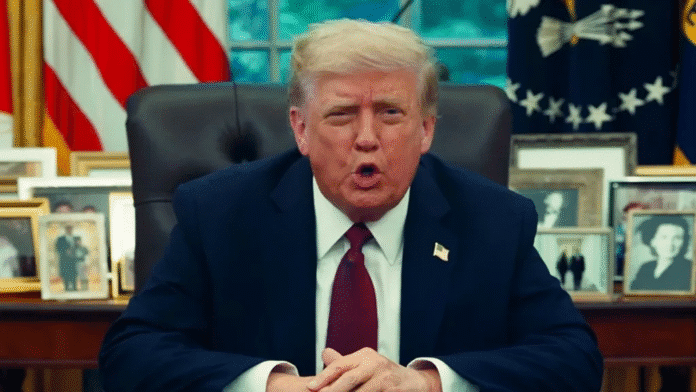The U.S. Supreme Court appears skeptical of President Donald Trump’s claim that he has broad authority to impose sweeping tariffs under emergency powers — a key pillar of his economic strategy in his second term. But trade experts say that even if the court blocks those worldwide tariffs, Trump still has multiple tools he can use to continue taxing imports aggressively.
Trump has warned that overturning his tariffs would leave the United States “defenseless’’ and risk “Third World status.” Yet legal scholars note that Congress has already given presidents several targeted tariff powers — and Trump has used many of them before.
One option is Section 301 of the Trade Act of 1974, which allows the U.S. to impose tariffs on countries accused of unfair trade practices. Trump used Section 301 in his first term to levy broad tariffs on China. Those tariffs can be large and renewed, but they require investigations and public hearings, making them slower and more complicated to apply widely.
Trump could also turn to Section 122, a rarely used provision allowing up to 15% tariffs for 150 days to counter trade imbalances — without any investigation. However, this tool has never been tested in practice.
Another powerful tool is Section 232 of the Trade Expansion Act, which allows tariffs if imports are considered threats to national security. Trump has already used Section 232 to tax steel, aluminum, vehicles, lumber — and even furniture. Courts are generally reluctant to challenge presidential claims of national security, meaning Section 232 remains one of Trump’s most flexible tariff levers.
Finally, Trump could revive Section 338 of the Tariff Act of 1930, a Great Depression–era power allowing tariffs of up to 50% against countries deemed discriminatory toward U.S. businesses. No investigation is required, and tariffs can stay in place indefinitely. Though never used, the administration has discussed it as a fallback if the Supreme Court rules against Trump’s current approach.
Trade experts expect Trump would still be able to rebuild a similar tariff system — just through different legal routes.
As Georgetown law professor Kathleen Claussen put it: “It’s hard to see any pathway here where tariffs end.”














